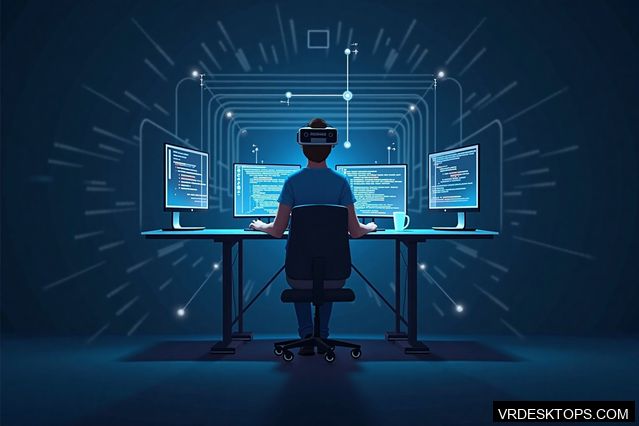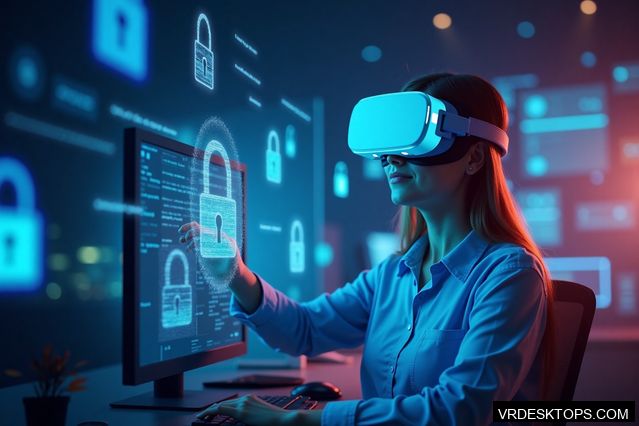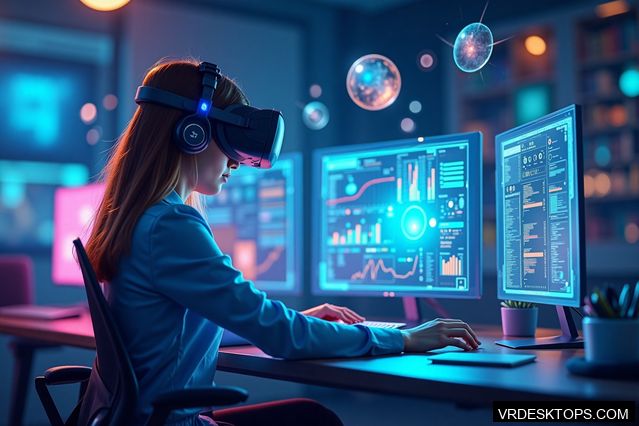Protecting Personal Data
When using VR desktops, it is essential to prioritize the protection of personal data. VR desktops often require users to log in with their accounts, which may include sensitive information. It is crucial to choose a trustworthy VR desktop provider that implements robust security measures to safeguard user data. Look for features such as end-to-end encryption, secure authentication protocols, and regular security updates to minimize the risk of data breaches.
User Privacy Settings
To maintain privacy while using VR desktops, it is important to familiarize yourself with the privacy settings available. These settings allow users to control the amount of data shared with the VR desktop provider and other users. Adjusting privacy settings can help limit the collection and sharing of personal information, providing users with more control over their data.
Secure Network Connections
To ensure the security of your VR desktop experience, it is crucial to use secure network connections. Avoid connecting to VR desktops using public Wi-Fi networks, as they are often more vulnerable to hacking and data interception. Instead, use a secure and private network connection, such as a password-protected home network or a trusted VPN service. This will help protect your data from unauthorized access and ensure a safer virtual reality experience.
Regular Software Updates
To mitigate security risks, it is essential to keep your VR desktop software up to date. Software updates often include security patches that address vulnerabilities and strengthen the overall security of the platform. Regularly check for updates from your VR desktop provider and install them promptly to ensure you have the latest security enhancements.
Protecting Against Malware and Viruses
Just like any other computer system, VR desktops are susceptible to malware and viruses. It is important to have reliable antivirus software installed on your device to detect and remove any potential threats. Regularly scan your device for malware and viruses, and avoid downloading or installing applications from untrusted sources. Be cautious when clicking on links or downloading files within the VR desktop environment, as they may contain malicious content.
Educate Yourself on Phishing and Social Engineering
Phishing and social engineering attacks are common methods used by hackers to gain unauthorized access to personal information. It is important to educate yourself on these tactics and be wary of suspicious emails, messages, or requests for personal information within the VR desktop environment. Never provide sensitive information to unverified sources, and report any suspicious activity to your VR desktop provider immediately.








